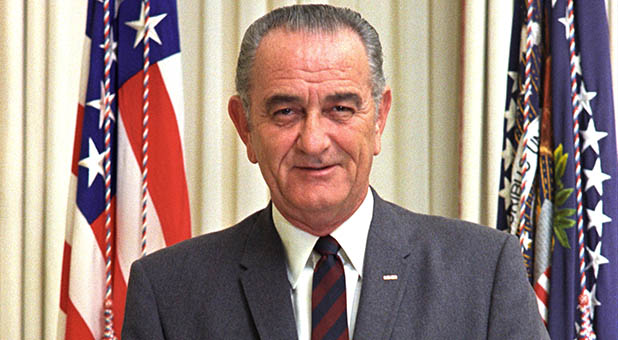This Is the Legacy of the Johnson Amendment
Given how important “social issues”—life, biblical marriage and others—are to evangelicals, the results of a new Pew Research survey weren’t just shocking.
They were downright terrifying.
The survey of 4,600 Christians who attend church services, less than half said they regularly hear about those social issues. Only 40 percent said their pastors had spoken about religious liberty while 39 percent said they heard from the pulpit about homosexuality.
Only 29 percent of respondents recalled hearing about abortion.
Among white evangelical respondents, the numbers were hardly any better: 45, 34, and 33 percent, respectively, while mainline Protestants and black Protestants were even less likely to hear about those issues from their pastors, according to the poll.
The bigger problem, however, is that Pew Research “sold” the story 180 degrees opposite with a headline on its website “Many Americans Hear Politics from the Pulpit.” The basis for the headline is that 64 percent of respondents said they heard about at least one of the issues—at least once, sometime.
The report noted the impact of the so-called Johnson Amendment, which puts limits on tax-exempt entities—including churches—with the threat of losing that tax-exempt status if they promote a particular political candidate. The narrative that accompanies the Pew Research report demonstrates the amendment—named for then-Sen. Lyndon B. Johnson, who introduced it—has had a corrosive influence on the church.
Most people surveyed say political speech is the exception, not the rule, in their churches, synagogues, mosques or other houses of worship. Indeed, more than three-quarters of those who attended religious services in the months leading up to the survey say their clergy discussed social and political issues only sometimes, rarely or never. Just 7 percent say their clergy “often” speak out on social and political issues.
Click here to read the entire report.















































